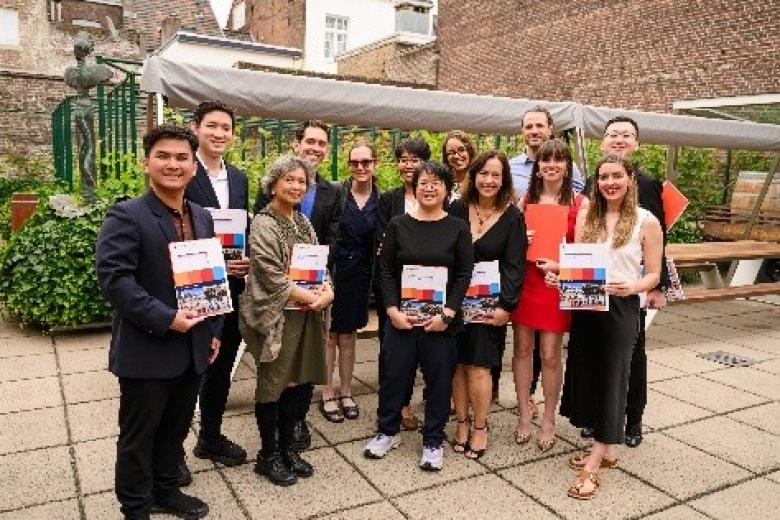Who’s in the market for science?
The UM Supermarktlab is an interdisciplinary educational concept to teach children about food innovation, health and sustainability, but also about how to approach complex, relevant problems from multiple angles. The concept will premiere at Expeditie NEXT, a national science festival in Roermond on 30 April.
Expeditie NEXT is an annual science festival organised by the Dutch Research Agenda (NWA), which tries to enthuse children aged 4 to 12 for science. This year’s edition takes place in the city of Roermond and includes experiments, lectures and plenty of ways to experience science hands-on. Maastricht University (UM) will be represented by, among others, the UM Supermarktlab, a concept for a mobile stand co-developed by all of UM’s faculties, which will be premiered at Expeditie NEXT, but which can also be used for travelling around schools in the region.
Tim Hiert from the Faculty of Science and Engineering is leading the project on behalf of UM’s Connection Lab and stresses the importance of events that help introduce science to children – also because he still remembers his own conversion moment: “During a family open day, my dad took me to the control room of DSM, where he worked. I was so intrigued by all the lights, buttons and dials; I wanted to know more, to understand the building blocks of the universe.” He went on to study chemical engineering and, after a brief period in the petrochemistry went to work for UM to work in science communication.
Why should children learn about science?
“Often when talking about science, we focus too much on the end results,” says Hiert. “With the UM Supermarktlab, we want to really illustrate the research process and how you can approach problems from different angles.” While quite a challenge, he has enjoyed working on the concept. “It was beautiful to co-create this with researchers and connecting science and society. Our theme, Food innovation, is relevant to everyone and it was easy to integrate all our faculties.”
Visitors will help constructing the “food machine of the future” by completing different age-appropriate games, each illustrating different research areas, from food production to, ethics, medicine, sustainability, etc. “We are seeing a generation who is more vocal about wanting a better world, healthier food and a healthier planet,” says Hiert. “We want to inspire them to understand the research process that leads to innovation and to make them understand they can change things…”
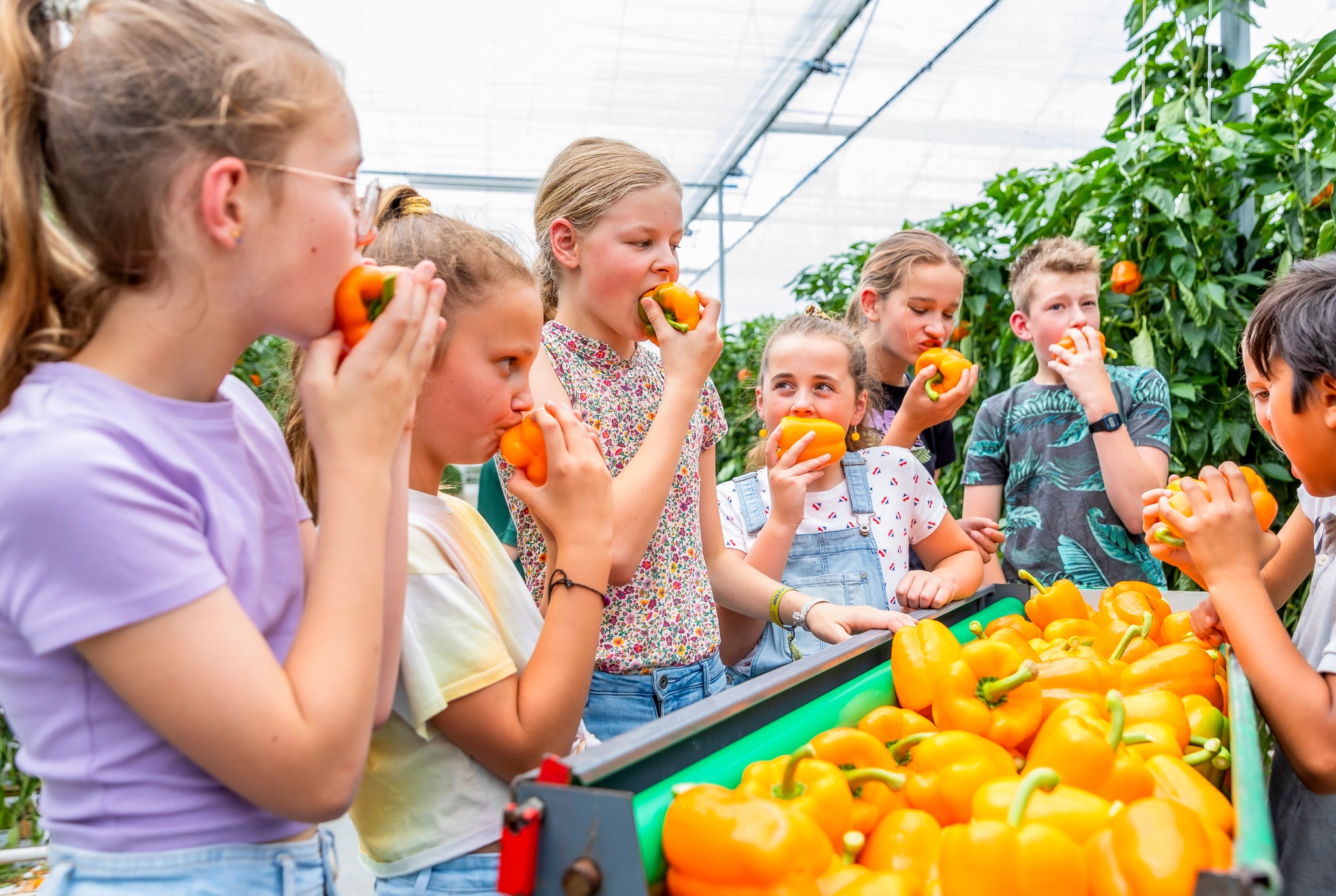
Am I getting enough fruit and veg?
Ilse van Lier, a postdoctoral researcher at the Faculty of Psychology and Neuroscience, will participate working the “Veggie Meter”, a finger scanner detecting carotenoids, which are found almost exclusively in fruit and vegetables. “It gives a very good indication of how much fruit and veg you have eaten over the last two months,” van Lier explains. “The recommendation for adults is 200g of each per day and, according to my research, almost everyone overestimates their intake.”
Van Lier’s shift in the UM Supermarktlab is also integrated with her research into correlations between children's vegetable consumption and parents’ food literacy. Having mentored children since she was 15, she will be very much in her comfort zone at Expeditie NEXT. She is convinced of the added value of outreach to children: “So many of the rules we live by and the products we use are based on science. It’s important to disseminate research. It’s not just about teaching facts but showing people how research works and by actively involving them.”

How do I make sense of food labels?
Having studied Health Food Innovation Management and earned her PhD in Youth, Food & Health, both at UM’s Venlo campus, Van Lier already knew many of the other participating scientists: “It felt very natural; it was a really fun process!” One of those researchers is Alie de Boer, associate professor and leader of the Food Claims Research Centre in Venlo. She also has previous experience in children's outreach, having taught several kids’ colleges on how to interpret and contextualise food labels, and currently serving as chair of the Kokkerelli and Kids University for Food & Health, which researches, innovates and teaches children about food to provide them with the decision-making tools to create healthy eating habits.
“The younger you learn about nutrition, the better,” De Boer sums up the research findings. “The eating habits acquired during childhood translate into long-term health outcomes and support equity.” She will show children how to unravel the information on food labels, among other things, by shining a UV light on items to reveal e.g. what is information and what is marketing in e.g. protein bars or superfoods. “There’s a superabundance of both food and information about food – much of the latter only painting a partial picture,” explains De Boer. “If you haven’t learnt how to navigate this, you’ll likely consume too many calories and not enough micronutrients.”
De Boer researches the evidence-base for health claims about food, how this information is perceived and how it influences consumers’ decision-making. “Food labels can be very helpful but you have to be smart about it to not get tricked.” She recognises the challenge to convey scientific knowledge to the general public and thinks interactive experiences are the way forward, since those are easier to remember and put into practice. “It’s crucial that our insights be readily available to everyone for their benefit. The UM Supermarktlab is such a fun way to empower, rather than lecture people.”
Text: Florian Raith
Tim Hiert is project lead Science and Society at the Faculty of Science and Engineering.
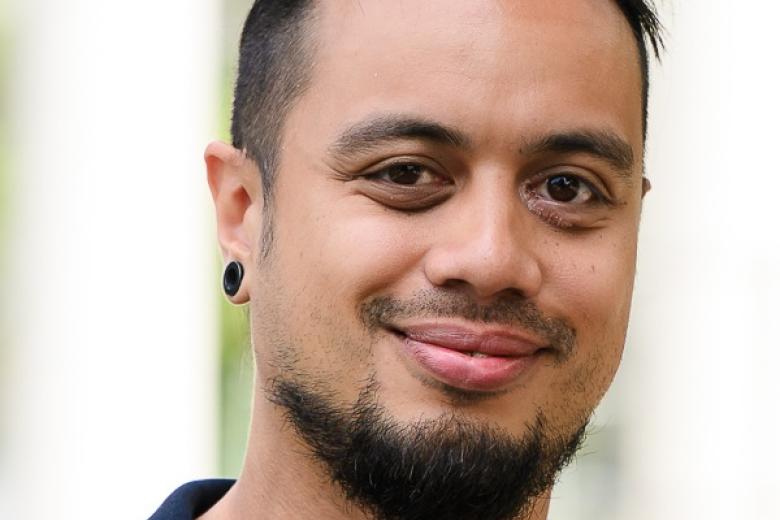
Ilse van Lier is a postdoctoral researcher at the Eating Disorders and Obesity group at the Faculty of Psychology and Neuroscience.
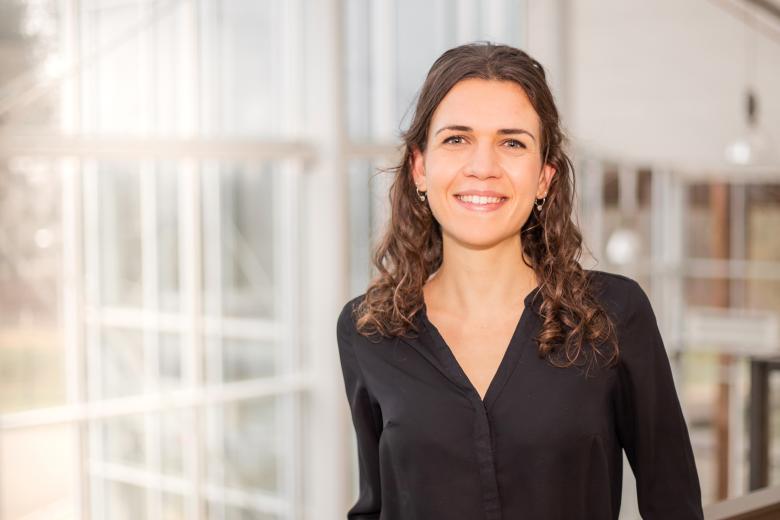
Alie de Boer is associate professor and leader of the Food Claims Research Centre at Maastricht University's Campus Venlo.
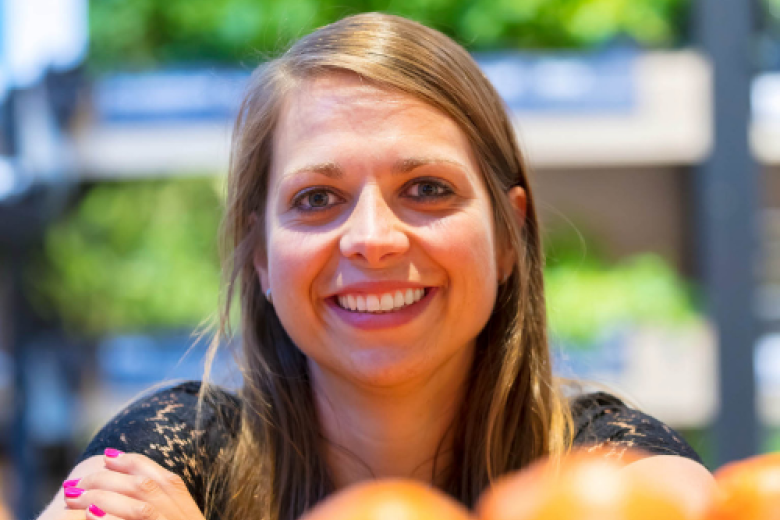
Also read
-
Randwyck Library and the river of knowledge
Monique Notermans and Meike Kerkhofs-Welkenhuizen witnessed the vision behind a modern library come to life.
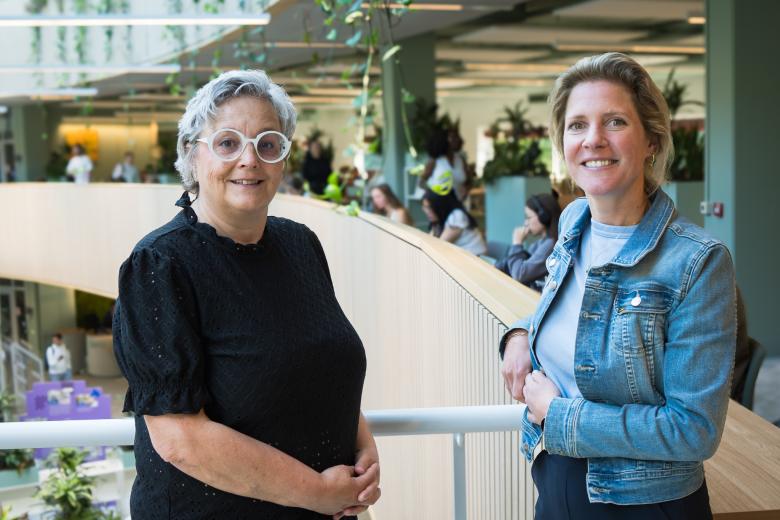
-
M-EPLI PhD Research Spotlight on Blessing Eze
M-EPLI PhD researcher, Blessing Eze, is examining the role of private documents in regulating global value chains.
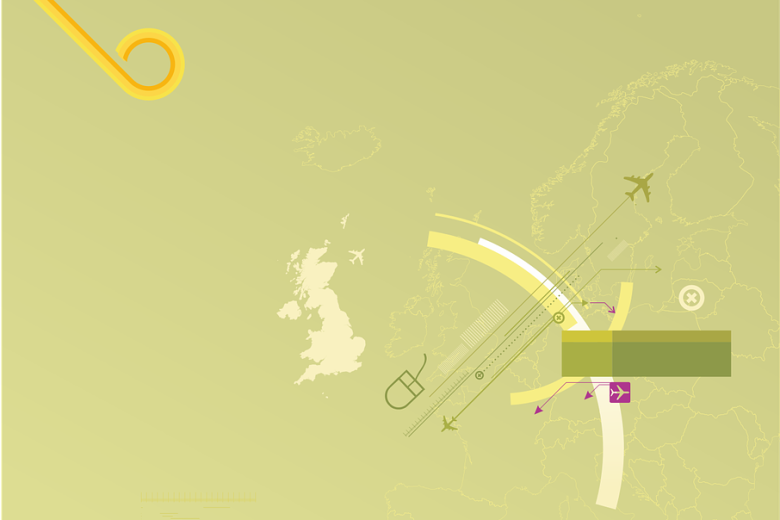
-
MHPE: Looking back and going forward
During the MHPE Campus Period last month we welcomed a new cohort of MHPE students and enjoyed seeing back those who are starting up their Master thesis projects. We are now preparing to hand over to a new MHPE Management Team that will take over on the 1st of September 2025.
